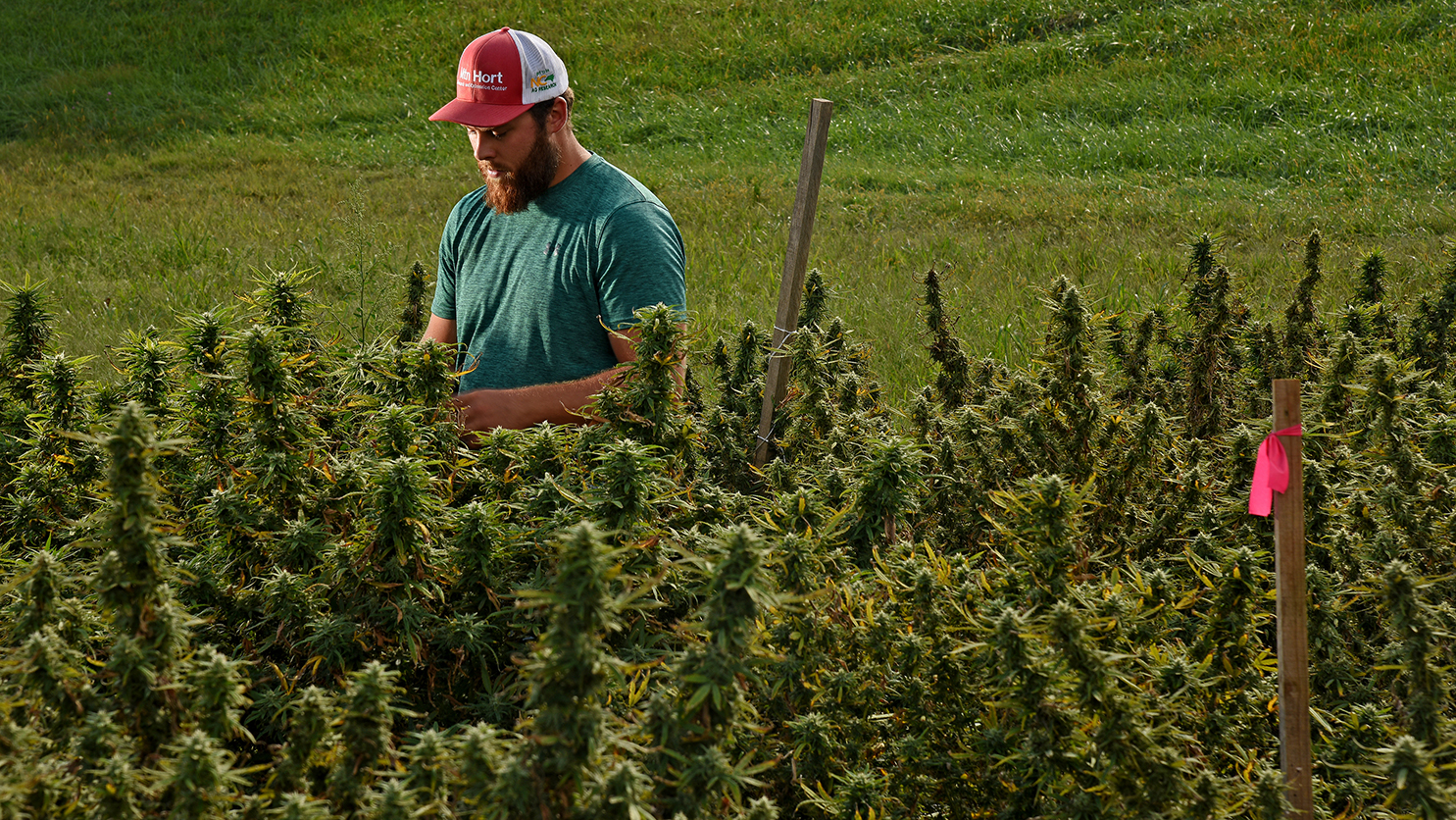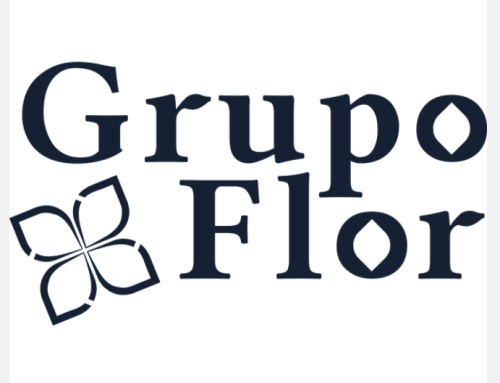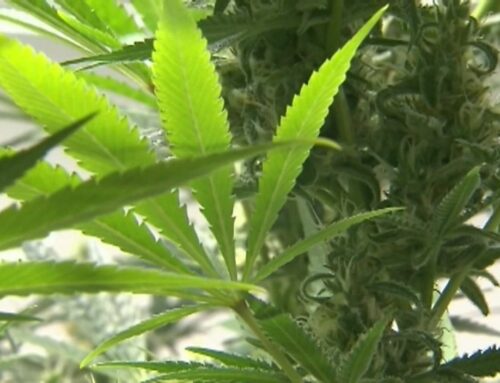North Carolina Advances Bill to Regulate Hemp-Derived Cannabis and Kratom Products
LOS ANGELES– In a significant development for the hemp industry, a bill aimed at regulating hemp-derived cannabis and kratom products has successfully passed the House Judiciary Committee in North Carolina. This milestone positions the bill to proceed to the House Appropriations Committee, bringing the state closer to establishing comprehensive guidelines for the sale and marketing of these products.
According to a report by WRAL News, the proposed legislation encompasses several key provisions. First and foremost, the bill seeks to set a maximum limit of 200 milligrams of CBD (cannabidiol) content in hemp-derived products. This measure aims to ensure consumer safety and product standardization within the CBD market. Additionally, the bill would introduce licensing requirements for retailers selling these products, as well as implement regulations pertaining to marketing and packaging.
Notably, the bill also addresses the growing popularity of kratom products, which are derived from a tropical tree native to Southeast Asia. Under the proposed legislation, an age restriction of 18 years would be enforced for the purchase of kratom products, seeking to protect vulnerable populations from potential risks associated with their consumption.
To obtain a license, prospective sellers must meet certain eligibility criteria, including being at least 18 years old and having no felony convictions related to controlled substances within the past decade. Licensees would also be subject to inspections and product sampling, ensuring adherence to quality standards, as well as compliance with tax filing and payment obligations. The bill specifies a fee schedule for licenses, with manufacturers facing a $5,000 fee, distributors a $2,500 fee, and in-person and online retailers paying $100 per location, up to a maximum of $2,500. Furthermore, all licenses would require annual renewal.
Recognizing the importance of responsible packaging, the bill mandates child-proof packaging for CBD products and necessitates the inclusion of warning labels. Manufacturers would be required to provide a comprehensive list of ingredients, disclose that the product lacks approval from the federal Food and Drug Administration, specify the total amount of hemp-derived cannabinoids in milligrams, and incorporate scannable codes for easy access to further information. Moreover, the legislation seeks to prevent the marketing of products that could potentially appeal to children.
With its passage through the House Judiciary Committee, the bill now advances to the House Appropriations Committee, marking another step forward in the legislative process. If ultimately enacted, this comprehensive regulatory framework would establish guidelines for the hemp-derived cannabis and kratom industry in North Carolina, promoting consumer safety, product transparency, and responsible business practices.
As this bill progresses through the committee, industry stakeholders and consumers alike will be closely monitoring its trajectory, as its implications will extend beyond North Carolina, potentially influencing regulatory frameworks in other states grappling with similar challenges.



































